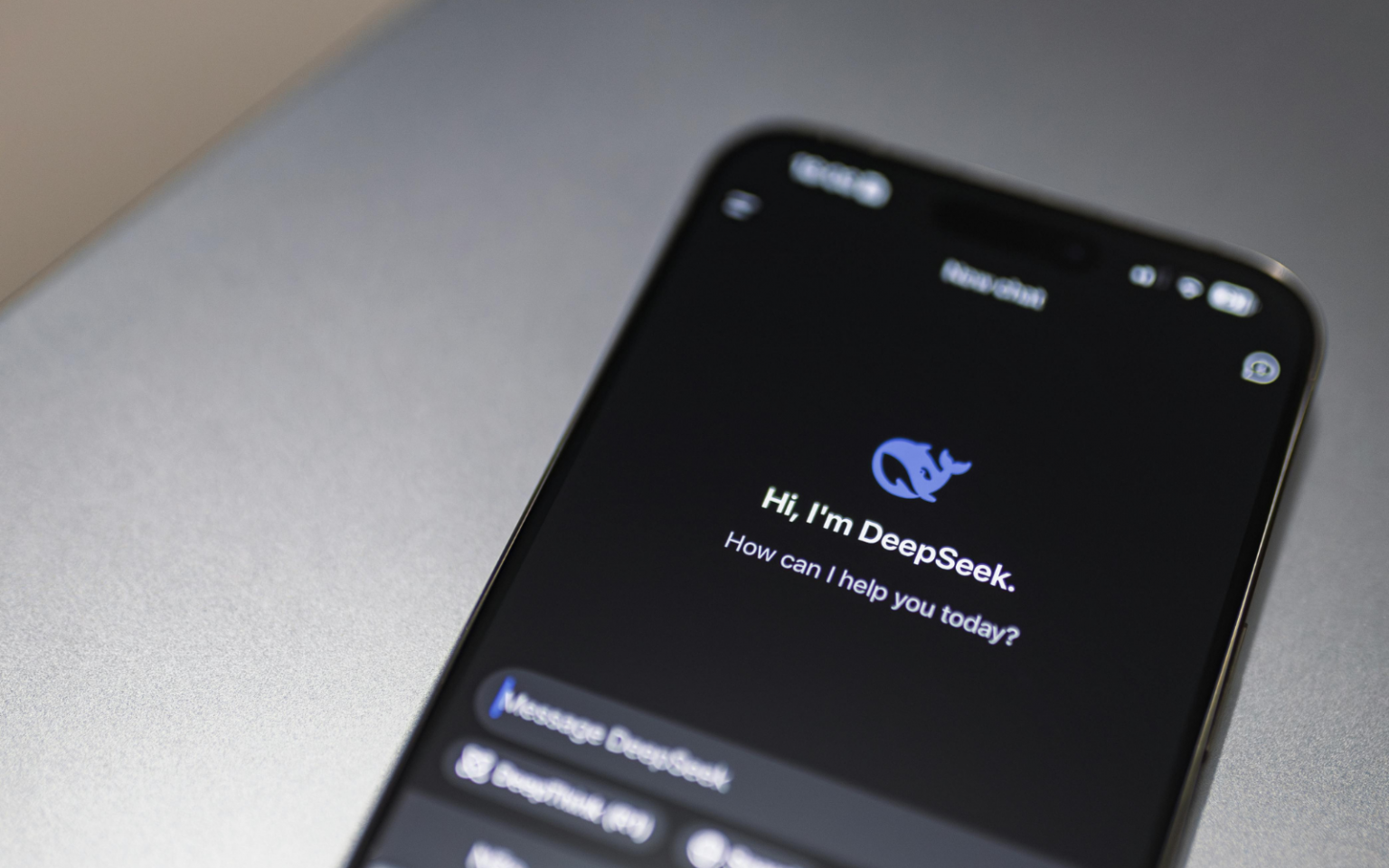Over 330 million people currently suffer from depression worldwide, though the complexity of diagnosis and the heterogeneity of this condition mean that such a figure can only ever be a conservative estimate. Depressive disorders are a major cause of disability and affect multiple aspects of a person’s quality of life, including their emotional well-being, social relationships, functional ability and physical health. Fortunately, we have ways of preventing them from taking hold, and physical activity is one of them. The risk of developing depression is influenced by a range of interconnected genetic, biological, psychological, environmental, social and behavioural factors. Among these, unhealthy lifestyle elements, such as not getting enough regular…
Author: The Conversation
On 27 December last year, astronomers using the ATLAS survey telescope in Chile discovered a small asteroid moving away from Earth. Follow-up observations have revealed that the asteroid, 2024 YR4, is on a path that might lead to a collision with our planet on December 22 2032. In other words, the newly discovered space rock poses a significant impact threat to our planet. It sounds like something from a bad Hollywood movie. But in reality, there’s no need to panic – this is just another day living on a target in a celestial shooting gallery. So what’s the story? What do we know about…
When we see “tested under laboratory conditions”, we often assume real-world conditions will lead to faster degradation of a product. But experts from Stanford University have found the opposite is true for electric vehicle (EV) batteries. Their new research shows traditional laboratory testing leads to faster degradation, while real-world use gives substantially more battery life, extending the lifespan of the entire EV. Researchers found the stop-start way we drive and the variable rate the battery discharges power actually prolongs battery life by up to 38% compared to traditional tests. This is good news for EV drivers – and for efforts to electrify…
China’s new DeepSeek Large Language Model (LLM) has disrupted the US-dominated market, offering a relatively high-performance chatbot model at a significantly lower cost. The reduced cost of development and lower subscription prices compared with US AI tools contributed to American chip maker Nvidia losing US$600 billion (£480 billion) in market value over one day. Nvidia makes the computer chips used to train the majority of LLMs, the underlying technology used in ChatGPT and other AI chatbots. DeepSeek uses cheaper Nvidia H800 chips over the more expensive state-of-the-art versions. ChatGPT developer OpenAI reportedly spent somewhere between US$100 million and US$1 billion on the development…
That satisfying feeling after doomscrolling through endless TikTok videos or impulsively shopping online mimics the relief of scratching an itch. This is dopamine at work — a brain chemical (neurotransmitter) responsible for feelings of reward and accomplishment. Whether indulging in viral videos or engaging in new hobbies, dopamine creates a sense of achievement that keeps us coming back for more. However, reliance on these dopamine hits can lead to lasting brain changes, particularly in teenagers and young adults. This is what my team and I at London Southbank University study. We investigated which brain regions and connections change due to…
Until a few weeks ago, few people in the Western world had heard of a small Chinese artificial intelligence (AI) company known as DeepSeek. But on January 20, it captured global attention when it released a new AI model called R1. R1 is a “reasoning” model, meaning it works through tasks step by step and details its working process to a user. It is a more advanced version of DeepSeek’s V3 model, which was released in December. DeepSeek’s new offering is almost as powerful as rival company OpenAI’s most advanced AI model o1, but at a fraction of the cost. Within days, DeepSeek’s…
We live in a golden age for space exploration. Scientists are gathering massive amounts of new information and scientific evidence at a record pace. Yet the age-old question remains unanswered: are we alone? New telescope technologies, including space-based tools such as the James Webb Telescope, have enabled us to discover thousands of potentially habitable exoplanets that could support life similar to that on Earth. Gravitational wave detectors have opened a new avenue for space exploration by detecting space-time distortions caused by black holes and supernovae millions of light-years away. Commercial space ventures have further accelerated these advancements, leading to increasingly sophisticated spacecraft and…
The AI revolution is well underway and two companies – DeepSeek and Nvidia – stand out among those competing to lead it. Outside the financial world, the story might seem distant – but it really does have consequences for everyone. It comes down to why investors are paying so much attention to AI, and how this competition could affect the technology we use daily. Developments in AI investment will shape the capabilities of the next generation of apps, smart assistants, self-driving technology and business practices. DeepSeek, the new player on the scene, is a Chinese company that has been making huge…
Of all the things that Donald Trump’s return as US president could mean, one is that Elon Musk’s plan to use Starship rockets for long-distance flights on Earth could move forward. Dubbed Starship Earth to Earth, this would see passengers transported by rocket between cities. They would briefly leave the planet’s atmosphere during the journey before flying back down to reach their destination. Musk claims it will be possible to travel to anywhere on Earth within an hour. His rocket company, SpaceX, has given examples such as New York to Paris in 30 minutes and London to Hong Kong in 34…
As wind-driven wildfires spread through the Los Angeles area in January 2025, fire-spotting technology and computer models were helping firefighters understand the rapidly changing environment they were facing. That technology has evolved over the years, yet some techniques are very similar to those used over 100 years ago. I have spent several decades studying combustion, including wildfire behaviour and the technology used to track fires and predict where wildfires might turn. Here’s a quick tour of the key technologies used today. Spotting fires faster First, the fire must be discovered. Often wildfires are reported by people seeing smoke. That hasn’t changed, but other ways fires…










